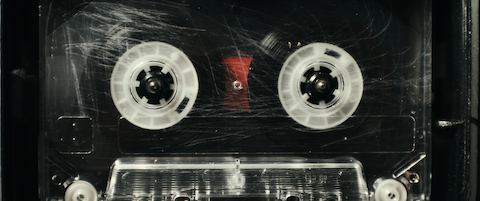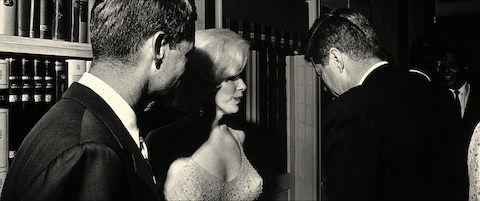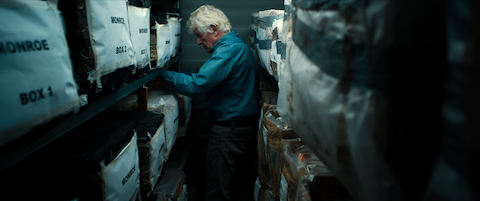Review: "The Mystery of Marilyn Monroe: The Unheard Tapes"
- Jennifer Green

- Apr 26, 2022
- 2 min read
Updated: May 13, 2022
As an interviewee in this documentary notes, Marilyn Monroe has always elicited a combination of fascination and empathy among both men and women, and this film proves that point again.
The Mystery of Marilyn Monroe: The Unheard Tapes is set up like a whodunit, complete with dramatic music and moody footage to complement the glamorous archive images and clips of 1950s and 1960s Hollywood.
The film opens and closes on the voice of the actress and a brisk introduction starring the film's main narrator, author Anthony Summers, who tells us that after years of research and 1,000 interviews for his Monroe book, Goddess, he concluded that the circumstances of Marilyn's death were covered up.
Summers delivers evidence about the day and night of her death (no spoilers here, though the book was originally published in 1985) and plenty of analysis from friends and colleagues about Marilyn's psyche, her character, and her actions.
There's so much detail here, viewers may feel they need to take notes lest they miss something. Summers leads us through excerpts from more than a dozen recorded interviews to flesh out a story that spans the movie industry, Kennedy-era politics, and the larger Cold War context of the 1960s.
The filmmakers opted to use actors -- placed in dimly-lit, mid-century-styled clothing and settings -- to lip-synch the taped interviews. It's a curious choice that gives the viewer something to look at but also puts false faces to the voices of very real people, some of whom were famous in their own right -- like John Huston, Billy Wilder, and Jane Russell.
These are supplemented with quite a lot of archive footage and location tape as well, particularly of Los Angeles through the decades. The lasting effect of Monroe's childhood trauma is broached, and it's clear most of the interviewees cared deeply for her. Audiences still seem to as well.
Read the full review on Common Sense Media.
Images courtesy of Netflix





Comments